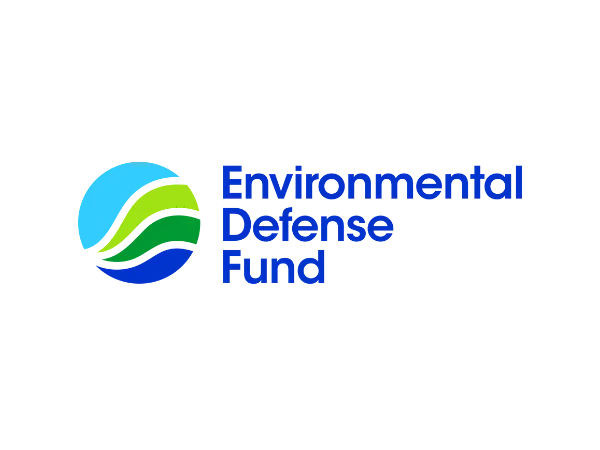
The Environmental Defense Fund (EDF) will recieve the 2025 Rose-Walters Prize during Commencement on May 18. However, the EDF has a controversial past surrounding lobbying to shut down nuclear power projects.
Since the 1970s, the EDF has opposed many nuclear projects, often seeking to shut them down through lobbying to withhold subsidies that would help save plants from closing.
In 2018, the EDF supported shutting down Indian Point, a nuclear power plant in Buchanan, New York, saying “The plan to close Indian Point will ensure that the electric system remains stable without increasing pollution and will secure the health and welfare of millions living and working in the Tri-State area.” However, when Indian Point closed in 2021, it increased New York’s reliance on natural gas. In a 2017 article from Lohud,a newspaper servicing Westchester County where Indian Point was located,illustrated how Indian Point was pressured into closing by natural gas companies. In this article, Mike Twomey, the owner of the power plant, said that “[the replacement to nuclear] tends to be gas and as a result there tends to be consequences” These consequences include increased CO2 emissions and a higher reliance on natural gas.
In addition to the Indian Point opposition in 2018 and shutdown in 2021, the EDF opposed subsidies for PSEG nuclear power plants in New Jersey throughout 2017, despite the fact that they admit on their website, “89% believe that investing in clean, renewable energy is important to the overall health of New Jersey.” They also supported shutting down California’s last nuclear reactor at Diablo Canyon in 2016, saying that “[the] announcement articulates a cost-effective, balanced phase-out of the Diablo Canyon nuclear facility that is good for Californians and firmly supports the state’s clean energy future.” Furthermore, they attacked Perry Station and Davis-Bessie Station in Ohio and Beaver Valley Station in Pennsylvania, and the company FirstEnergy, which ran them throughout 2018.
The EDF has used language which has presented their opposition to nuclear subsidies as “bailouts” or “tax[es] on ratepayers”, yet has failed to acknowledge that the natural gas replacements to the closed nuclear plants are more damaging to the environment than the nuclear plants themselves, and cost more, with Indian Point’s gas replacement costing $60 more per kilowatt hour (kWh) than the nuclear plant. A 2024 study by the World Nuclear Association, found that nuclear energy produced 12 grams of CO2 for every kWh, while natural gas produced 490 grams of CO2 per kWh.
The EDF champions wind and solar power, promoting subsidies that are greater than the ones which they oppose for nuclear power, yet they side with oil and gas lobbies in attempting to shut down nuclear power.
However, the EDF shines in environmental activism is regarding methane regulation. The committee which selects the Rose-Walters prize selected the EDF due to their merits with curbing methane emissions.
Neil Leary, director of the Center for Sustainability Education and chair of the Rose-Walters prize committee, said the EDF was selected for being “pragmatic and realistic” in their approach to climate activism. Leary outlined how the EDF acts as a pseudo-EPA figure in the private sector, offering predictable guidelines for companies. He emphasized the importance of this with the EPA becoming increasingly politicized, as major companies are uncertain about environmental regulations due to them constantly changing administration-to-administration.
The EDF and their MethaneSAT and MethaneAIR programs can offer sustainable, reliable guidelines on how to reduce emissions. In addition to offering guidelines, the MethaneSAT and MethaneAIR programs also have caught 4x higher methane emissions than major companies are reporting. This is essential information as, despite methane being only 11% of greenhouse gas emissions, it traps more heat then CO2, according to NASA.
Due to their 58-year engagement in environmental activism, the EDF have been instrumental in many influential environmental policies, such as banning DDT, banning whaling, passing the Safe Water Drinking Act, removing lead from gas, developed electric trucks with FedEx, defeated Proposition 23, and much more. This is one of the main reasons that Leary and the committee decided to present the EDF with the Rose-Walters Prize, as they are “one of the most effective and impactful” organizations for environment activism with their “decades of work on the environment.”





